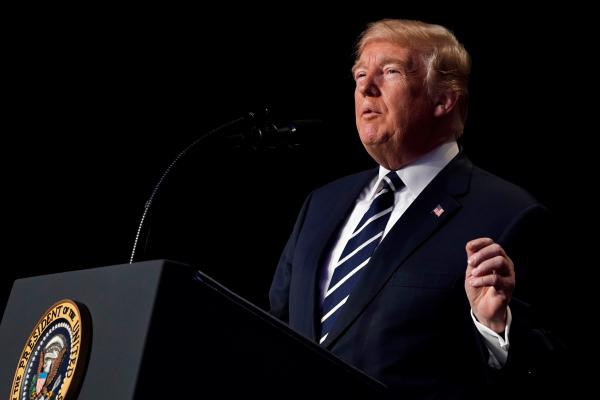Feb 9, 2018
"Non-citizens who receive public benefits are not self-sufficient and are relying on the U.S. government and state and local entities for resources instead of their families, sponsors or private organizations," the document states. "An alien's receipt of public benefits comes at taxpayer expense and availability of public benefits may provide an incentive for aliens to immigrate to the United States."
Read the Full Article

Already a subscriber? Login
